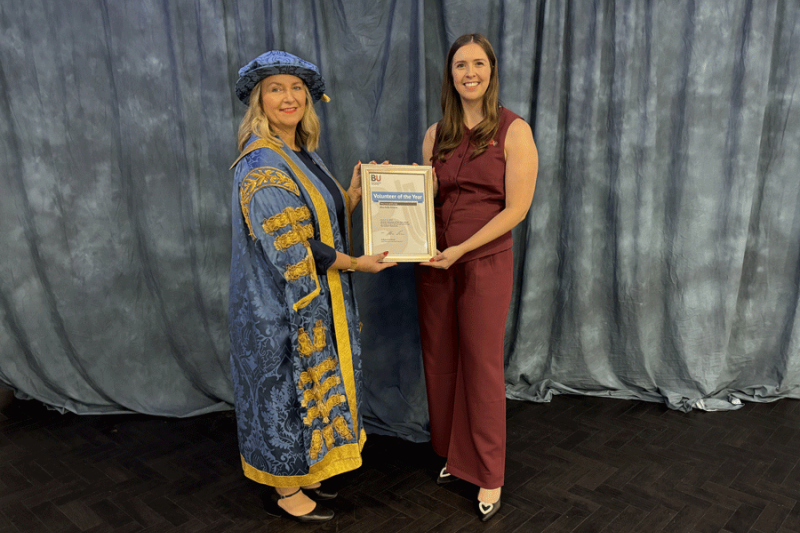
Stress is a very natural human experience and we can experience stress when it feels there is too much to do and not enough time. People who experience chronic or long-standing stress can occasionally experience symptoms of low mood or anxiety.
We know that many students at the moment are going through a period of exams, assessments, coursework deadlines or a combination of these. It is quite natural to find exams stressful, but there is a range of things you can do to help reduce the feelings of panic we often feel when stressed. Use the following tips to help to keep balanced during exams and assessments and check our tips on preparing for exams, including where to find study spaces on campus, as well as the support services available both on and off campus.
Relaxation - When we are stressed, the muscles in our bodies tense up, which can lead to more worry. Find time to do something that makes you feel relaxed, such as a walk on the beach or watching an episode of your favourite boxset.
Quick breathing technique - Breathe in through your nose and out through your mouth, counting in for seven and out for 11 seconds. Practice this when you are feeling calm so you know what to do when feeling more stressed or anxious.
Lifestyle changes - Being active can help with boosting mood, feeling more relaxed, clearing your mind and the added bonus of lots of other health benefits. Regular meals and balanced diets can increase wellbeing. Try and keep a sleeping routine, avoid naps, keep a healthy sleep environment and avoid caffeine late at night.
Managing your worries - Write down any thoughts or worries on paper. Sort out worries into hypothetical and current practical worries to prioritise your focus. Create worry free zones for more control.
Mindfulness - Deliberately pay attention to the present moment and focus on what you can see, taste, smell, hear and feel.
Organising your space and time - Remove all distractions and find separate places to work and to relax.
Time - Plan in advance, include important dates. Use SMART (Specific, Measurable, Achievable, Realistic, Timely) objectives to achieve tasks, setting both short and long term goals.
No matter how many exams you’ve sat before it can be a pressured time - read our handy advice on things to do - and not to do.
Know who to talk to
If any students at BU feel they're struggling with stress or anxiety, or in fact with any mental health difficulty, and think it is time to seek some help, the Student Wellbeing service is here to support. The team can help with a range of concerns such as:
- Anxiety, panic, depression, low mood and other mental health conditions
- Stress
- Drug or alcohol use
- Lifestyle issues including difficulties sleeping or eating
- Relationship and family issues
- Bereavement
- Isolation, social anxiety and confidence
- Advice if you are concerned about a friend.
There are regular drop-in sessions from Monday - Friday, 1pm-2pm, during term time, or you can book an appointment to talk to a Wellbeing Advisor.
Student Assistance Programme
We’ve teamed up with Health Assured to provide a free confidential helpline and digital resources to help you with any personal or student-related problems. Call the free 24-hour confidential helpline on 0800 028 3766 to speak to an experienced advisor who will offer support in a friendly, non-judgemental manner. You can also contact the service through call back request, email or manned live chat within the ‘My Healthy Advantage’ mobile app, available on IOS or Android. Visit the Student Assistance Programme page to find out more.
More information
If you feel that your individual circumstances could affect your exam results you should talk to your Academic Advisor, Programme Administrator (PA) or Programme Leader (PL) to see if you may be able to request a coursework extension or have your exam(s) postponed. In fact, the sooner we know the sooner we can offer advice and any support that is needed. Find out more about Exceptional circumstances.
You can find more detailed information in the Student Examination Procedures Handbook, which is also on our important information page.



